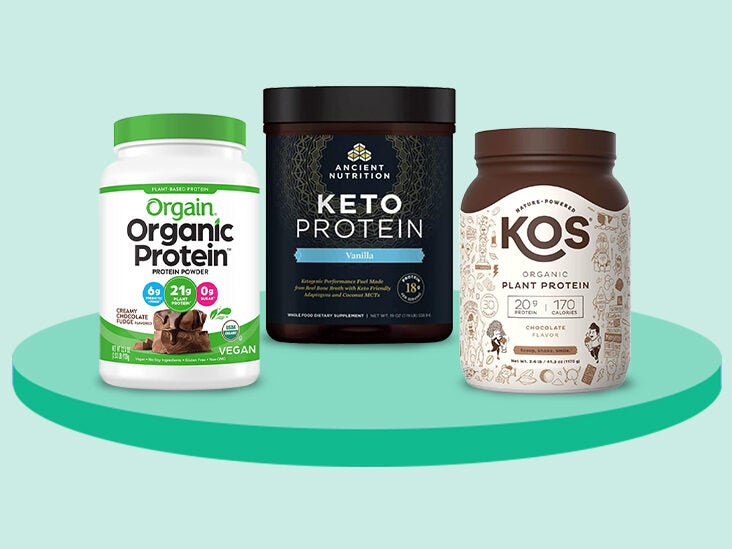
Most protein powders are available in a range of flavours: vanilla, chocolate and strawberry are traditional, and more adventurous flavours such as cookies and cream and peanut butter are increasingly common.

If you’re a vegan or are avoiding dairy for any reason, there are powders with non-dairy protein sources such as soy. Can I take protein powder if I'm vegan or dairy-intolerant? While most casein and whey products are low in calories and carbs, you’ll also see high-calorie “mass-gainer” powders, which are intended to help you pack on size or maintain your weight if you’re training intensively. This makes it easier to digest, so it’s absorbed very quickly, but it’s typically the most expensive form of whey. Hydrolysed whey protein, meanwhile, has had water added into it during the production process. It’s also absorbed more rapidly than concentrate. Isolate whey has the highest protein content – usually around 90%, compared to anywhere between 30 to 85% for concentrate – and a lower carb and fat content. It normally comes in three forms: isolate, concentrate and hydrolysed. Whey protein is absorbed more quickly, so this is the one you want to hit straight after a workout. Casein is absorbed relatively slowly by the body this means it’s suitable for taking before you go to bed, so your muscles are drip-fed the nutrients they need to grow overnight. There are two common types of protein powder, namely casein and whey.
#Clean protein powder brands how to
READ NEXT: Watch your weight with the best mechanical, digital, and smart bathroom scales How to buy the best protein powder for you What types of protein powder are there – and what are the differences?

Here’s our guide to the best protein powder for you – no matter what your training goals are – along with our handy guide to everything you should look for when buying powder. You can achieve this by choosing the right diet, but when you’re looking for a quick hit after a workout, protein powder can be a far more convenient and reliable way to increase your intake. That means you need to provide the body with the fuel it needs to repair and rebuild muscle after you train – and that means eating plenty of protein. When you’re working hard in the gym, you want to get the maximum muscle growth.


 0 kommentar(er)
0 kommentar(er)
